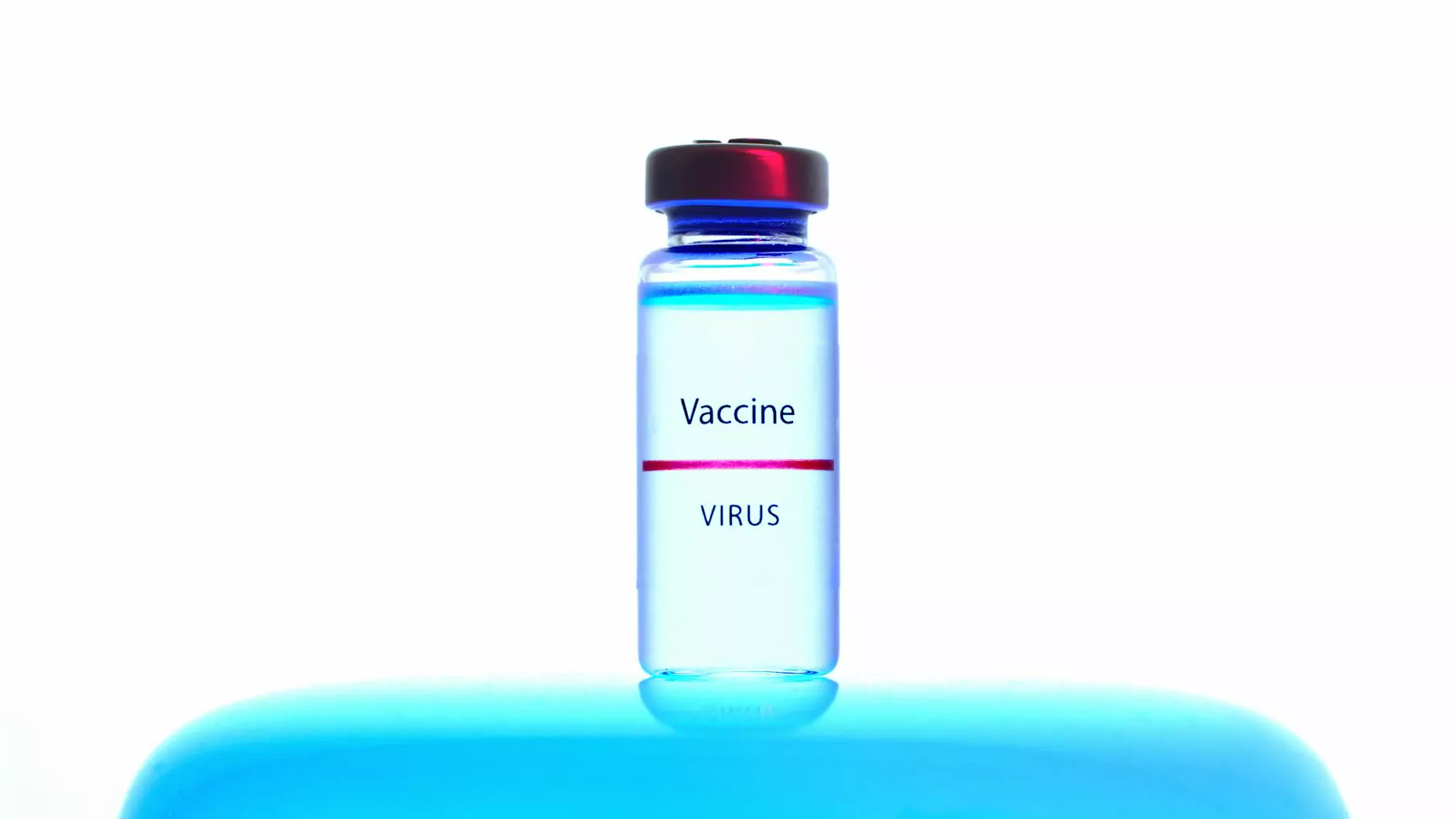Understanding Dental Clinic Care: A Comprehensive Guide

Dental clinic care is crucial for maintaining not only oral health but also overall wellbeing. A well-managed dental clinic provides a plethora of services aimed at preventing, diagnosing, and treating dental disorders. With advances in technology and practices, dental care continues to evolve, making it imperative for patients to understand the various facets involved.
The Importance of Regular Dental Check-ups
Regular check-ups are a fundamental component of dental clinic care. These appointments allow dental professionals to detect potential issues early on, often before they escalate into more serious problems. Here are some key benefits of regular dental visits:
- Early Detection of Cavities: Regular examinations help in identifying cavities and other dental issues that are often painless in the initial stages.
- Gum Disease Prevention: Dental professionals can detect signs of gum disease early, allowing for early intervention, which is crucial for maintaining gum health.
- Oral Cancer Screening: Dental clinics often conduct screenings for oral cancer, which can significantly improve treatment outcomes when detected early.
- Updates on Oral Health Habits: During visits, dentists can provide guidance on the latest best practices in oral hygiene, ensuring patients maintain optimal health.
- Professional Cleaning: Regular cleanings remove plaque and tartar buildup, which cannot be accomplished with regular brushing and flossing.
Comprehensive Dental Services Offered
Dental clinic care encompasses a wide range of services tailored to meet individual patient needs. Below is an overview of common services available at most dental clinics:
Preventive Care
Preventive care is the backbone of dental clinic care. It includes:
- Regular Dental Check-ups: As mentioned earlier, these should occur at least twice a year.
- Cleanings: Professionally performed cleanings help maintain gum health and prevent cavities.
- Fluoride Treatments: A fluoride treatment can strengthen tooth enamel and help prevent decay.
- Sealants: Dental sealants are protective coatings applied to the chewing surfaces of the back teeth, preventing cavities.
Restorative Dentistry
Restorative procedures are important for patients who have cavities, damaged, or missing teeth. The key services include:
- Fillings: Composite or amalgam fillings restore the shape and function of a decayed tooth.
- Crowns: Crowns are used to cover and protect damaged teeth, restoring their size and shape.
- Bridges: Dental bridges fill the gap created by missing teeth, maintaining the dental arch's integrity.
- Dentures: Complete and partial dentures replace missing teeth and restore functionality.
Cosmetic Dentistry
Cosmetic dentistry focuses on enhancing the aesthetic appearance of teeth. It includes:
- Teeth Whitening: A popular treatment for improving the brightness of stained or discolored teeth.
- Veneers: Thin shells of porcelain or resin that cover the front surface of teeth, improving their appearance.
- Invisalign: A modern alternative to braces for straightening teeth and correcting bites.
Emergency Dental Care
Emergencies can occur at any time, and knowing the availability of emergency services at your dental clinic can be a lifesaver. Dental clinic care often includes:
- Pain Management: Immediate relief for severe tooth pain and discomfort.
- Trauma Treatment: Addressing dental injuries such as knocked-out teeth.
- Abscess Management: Treating infections promptly to prevent complications.
The Role of Technology in Dental Clinic Care
Technological advancements have revolutionized dental clinic care. Here are some innovative technologies that enhance patient care:
Digital Imaging
Digital X-rays provide quicker, clearer images with less radiation exposure compared to traditional X-rays. This technology enhances diagnostics and treatment planning.
3D Printing
3D printing is changing how restorative dentistry is performed. Dental clinics now utilize 3D printing technology to create accurate models of patients' teeth, improving the fit and function of crowns, bridges, and dentures.
Teledentistry
Teledentistry allows patients to consult with dental professionals remotely. This service has become more important, especially during the pandemic, providing convenience and access to care.
Patient Experience: The Heart of Dental Clinic Care
A positive patient experience is paramount in dental clinic care. Here are some aspects that enhance patient satisfaction:
Comfortable Environment
Clinitech clinics focus on creating a comfortable and welcoming environment. Elements such as soothing music, comfortable seating, and calming colors contribute to a stress-free experience.
Transparent Communication
Effective communication between dentists and patients fosters trust. Dentists should explain procedures and possible outcomes, ensuring patients feel secure in their treatment decisions.
Post-Treatment Care
Providing comprehensive post-treatment instructions and follow-up care plays a critical role in ensuring recovery and satisfaction. Patients should feel supported even after leaving the clinic.
Conclusion: Empowering Your Dental Health
In conclusion, understanding dental clinic care and its importance is essential for everyone. Regular visits, understanding services, the role of technology, and prioritizing positive patient experiences all contribute to effective dental care. Stay proactive about your dental health by maintaining regular appointments, following your dentist's advice, and practicing good oral hygiene at home.
As you consider changes to your dental health routine, explore services offered at Kensington Dental Studio to find the care that's best for you.









